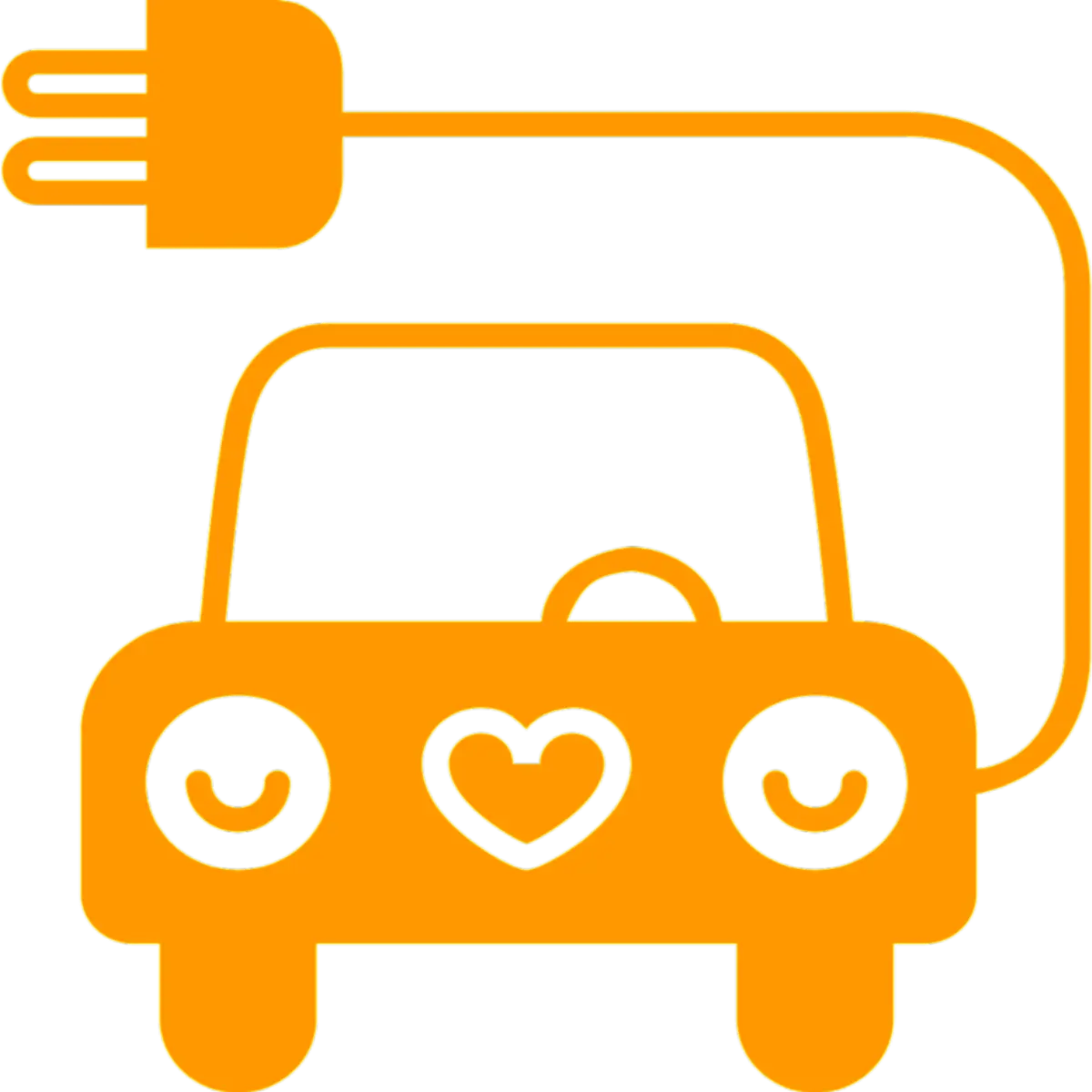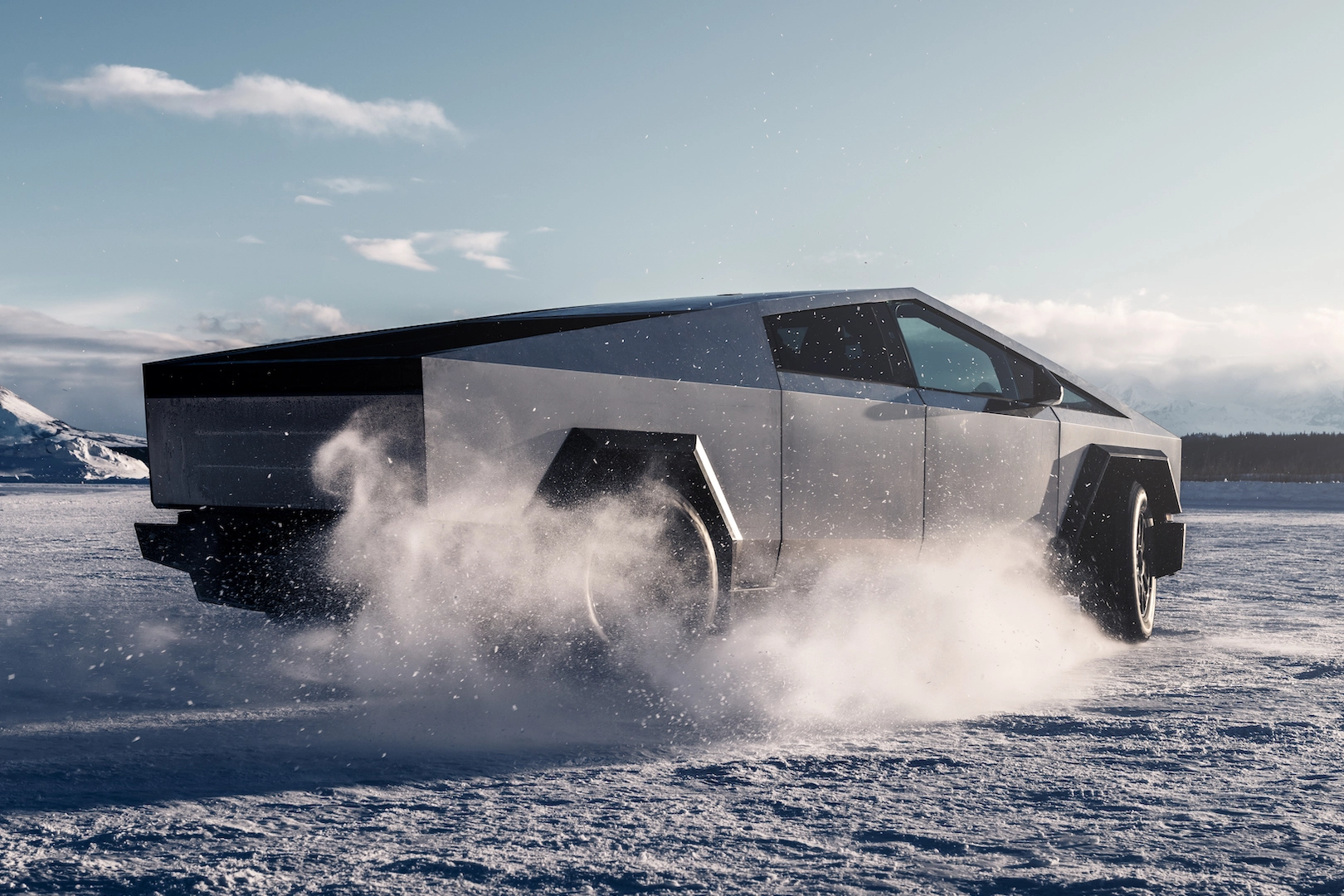Yikes, even Rivians are having similar issues, so this isn’t exclusive to these shitty trucks. Guess weighing 7,000+ LBs isn’t great for daily commuting, who’da thunk. I hate America’s obsession with huge trucks as their daily drivers. Whatever happened to smaller Ford Ranger type trucks? That way you still have the convenience of a truck when needed without the utter waste that the big ass trucks create for city driving.
Whatever happened to smaller Ford Ranger type trucks?
I could be wrong, but I heard it was emission regulations that happened.
As the emission standards became stricter, the truck manufacturers started producing bigger trucks as they had more lax emission requirements.
It’s partially that, the fact that instead of making the trucks more efficient they made them larger to skirt the regulation, but another factor is the profitability of larger trucks. It doesn’t cost them that much more to make a massive truck vs a reasonable vehicle but the target market for unnecessarily large trucks is willing to pay hand over fist for them and so the manufacturers and distributors make more money per sale by a large margin.
So when you see a large truck, don’t just think “someone who’s compensating” but also think “someone who got fleeced”.
The roads would be safer without massive trucks, no one should be above ridicule.
Just to be clear, small trucks weren’t good on gas either (I would know, I’ve had a bunch of them) and we’re at the point where full sized trucks and mid sized trucks get pretty much the same fuel economy. The shape of the vehicle is bad for fuel economy, it’s that simple…
Fuel efficiency standards are more relaxed for a vehicle with a larger “footprint”. So that incentivizes larger vehicles because it’s easier to pass MPG standards.
You’re right. But it’s more that emissions standards didn’t happen.
Cars got them while trucks got them much, much less. So they build more trucks and fewer cars.
They should just have a road tax based on weight and an emissions tax based on emissions. Not emissions per class twice removed just CO2 per mile. All vehicles.
Roads get maintained by the weight tax, emissions tax to fund decarbonisation of the economy.
But instead they’re charging me an extra $100 to renew my tags for my hybrid sedan. If i had a full electric, it would be $200 extra.
Gas vehicles pay that as taxes on gas, hybrid and electric cars put more wear on the roads due to their weight so it’s only fair that owners would pay for road maintenance as well.
I understand that, and i have no problem paying my fair share as a driver. But it’s a hybrid and thus I still do buy gas. On top of that, I work from home and really just don’t drive that much, so that makes it feel especially unfair for me since the new fee is not usage-based like the gas tax. Regarding the weight argument, most of the huge trucks and giant SUVs I see driving around here weight around a literal ton more than my car (sure they also get shit gas milage, but that’s something they knew when they bought the damn things). I also looked up the weight for the ICE version of my car and the hybrid weights less than 100lbs more.
It wouldn’t bother me so much if they had ear-marked some or most of the funds towards charging stations, improving roadways with bike and pedestrian safety in mind, and public transport initiatives, but as it stands, it sure feels like i’m being forced to subsidize road damage from gas-guzzling toddler smashers.
As you said, those huge trucks burn more gas therefore they put more money into road maintenance, your car weights the same as a much bigger car while getting better mileage so there needs to be some form of compensation and unless you want the government to come and check your mileage every year to charge you a fee then it’s a flat rate, which you should have known about before buying your car.
Actually, the law was passed a full two years after i purchased my car. And they could have easily checked my milage when i took my car in for emissions testing.
Whatever happened to smaller Ford Ranger type trucks?
Oddly enough, environmental regulations happened. When the government was pushing for fuel economy regulation, the auto manufacturers were scared. They managed to talk the government into adding an exception where as wheel base increases, fuel economy is allowed to drop.
If you don’t see the loophole in this, you wouldn’t the only one. After all, it sounds fine on the surface; large trucks need more fuel… Right? But it means that auto manufacturers pivoted to almost universally making (and marketing) larger SUVs and trucks, because their quality control can be much more lax when they aren’t trying to hit strict emissions and efficiency milestones. Their profit margins on large vehicles are much higher. Like 20-40% higher, because they’re easier to produce and sell for more. They’re able to get away with much more when the vehicle is larger, so they heavily leaned into the “larger cars are better” marketing.
Ranger… Those things are a monstrosity.
Whatever happened to Ford Falcon Utes. https://upload.wikimedia.org/wikipedia/commons/thumb/8/87/Ford_AUII_Falcon_XR8_Ute.JPG/1920px-Ford_AUII_Falcon_XR8_Ute.JPG
Whatever happened to vehicles that don’t require steps to exit / enter the cab. https://upload.wikimedia.org/wikipedia/commons/thumb/b/b3/1999_Ford_Falcon_(AU)_XR8_sedan_(2004-01-24)_02.jpg/1920px-1999_Ford_Falcon_(AU)_XR8_sedan_(2004-01-24)_02.jpg
The obsession / normalisation of huge vehicles that transport generally one person is toxic beyond belief. I feel like shit driving my 1.4L shitbox most places, sure it’s convenient but it’s not great for the environment, my wallet or my health. Can’t imagine the wasted resources from people driving their emotional support vehicles to do their errands.
Or - hear me Out - don’t drive a Truck at all. It’s easy, just drive a car that ist meant to drive in cities, and not in a desert.
Some people use trucks for what they’re meant for.
Those people use vans or second hand trucks built before they got fat.
Second hand truck is still a truck.
I’ll translate for you: This thread is about trucks getting bloated.
Then someone suggested: if you don’t need a truck, don’t drive one.
Then you replied that some people still need trucks, to which someone replied: sure, but they don’t need the bloated ones we’re talking about either.
The implication is that nobody needs bloated trucks with a tiny bed. Either you need one for work, in which case you don’t want a Karenwagon, or you don’t need a truck.
don’t drive a Truck at all. It’s easy, just drive a car
No nuance there. Don’t drive a truck. Period.
Guy yesyerday on Whirlpool saying he had to replace the tyres on his BMW i4, at 40,000km. He was shocked :)
The new like for like tyres were $2500 (in Australian banana dollars).
Tyre pollution is a real killer and made much worse with EVs :(
For all it costs to build one you hadda know theyd cheapout somewhere
No one should be shocked. EV’s burn through tires faster the ICE vehicles due to the extra weight of the battery packs. That Cyber Bucket is very heavy for what it is.
6k EV vs 60-70k on ICE? doesn’t seem accurate.
Yeah, it’s possible. It’s a well known secret that EVs wear tires faster than ICE due to the extra weight. But the average EV, while wearing out tires at a faster rate, are lot better than the cyber thing. The average EV will show faster tire wear due to the extra heat generated by the heavier weights of the batteries vs the same sized ICE. I think in the US one should expect around 40,000 miles use on an EV. YMMV - literally - depending on where you drive and your driving habits.
I suspect the cyber crap’s poor tire life is not only influenced by the weight and driving habits of the owners. But also a poor choice of rubber compounds used in the tires. I suspect that a harder rubber compound and stiffer tire could have been chosen to increase tire life to something far more reasonable. But if they had done that, that $100,000 truck would ride like well, a truck…And we can’t have that can we? The owners expect a Cadillac quality ride from their truck. Which means softer tires to give a better cushion against bumps, which in turn wears out faster, which means you replace those tires more often. And the next thing you know, you are replacing tires every year…
What can I say about the Cyber Rust and it’s owners that hasn’t already been said?
I still can’t wait until this winter when road salt turns these things into one half of a thermite bomb.
Electric vehicles are notoriously hard on tires, since the high torque motors don’t have as gradual of a buildup to momentum. That combined with the heavier load would absolutely kill treadlife, I imagine.
since the high torque motors don’t have as gradual of a buildup to momentum
I’m sorry, what? All the ones I’ve driven by default work like this. You can usually change settings or sometimes just floor it though.
Well I’m not an EV expert, but I have worked in the tire industry for 7 years so that’s my lay person’s understanding of why electric vehicle owners tend to burn through tires.
Key takeaway is that this isn’t unique to Cybertrucks, as much as we’d all like to dunk on it. Another commenter pointed out Rivians have similar treadlife issues, and I know certainly other Tesla models do.
Extremely heavy + low-end torque = bald tires, pronto!
But if you can afford this, you should not be cheaping out on the tires. Who would spend so much to ignore maintenance?
Who would spend so much to ignore maintenance?
I am firmly convinced the more something costs vs it’s useful value, the less the owner actually cares about it beyond the “bling” factor.
So, a $150k “truck” that is as useful as a $40k truck, likely is just owned as a “look at me, I’m rich” and the owner doesn’t care if it breaks, just that they are considered “rich” among their peers.
Some of these tires outlast the truck, so there is that
Even the tires are shitty. This is my shocked face.
I’m sorry, what? The tyres last a mere 6000 miles, or less than 10000km?
The first set of tyres on my regular SUV got me to 80000km (almost 50000 miles). If I get less than 60000km out of the second set I’ll be somewhat irritated.
The service interval on my car is 15000km. At the mileage I’m doing that’s twice a year. There’s no way I’d be buying three sets of tyres each year. Fuck that car.





